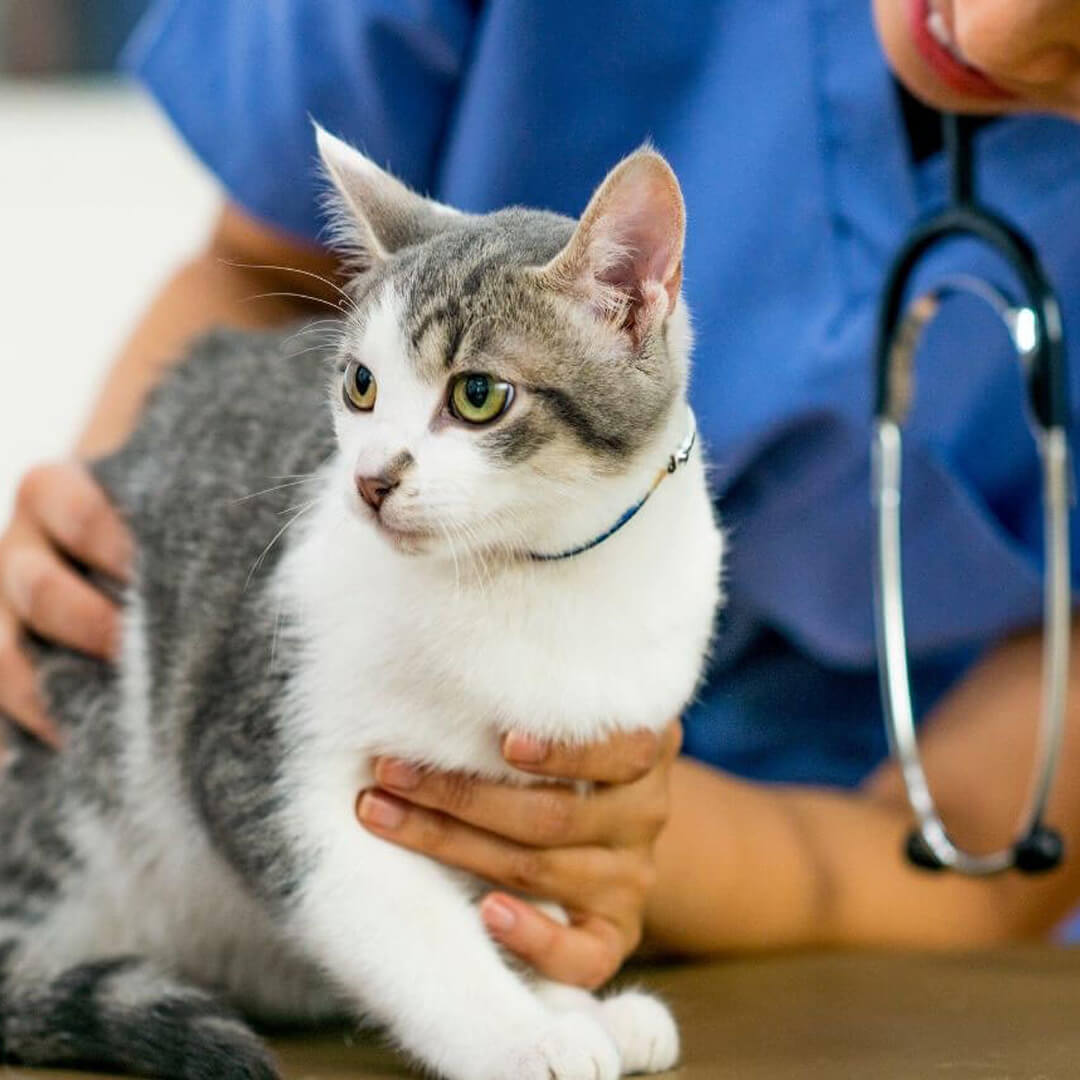Pet Laparoscopic Surgery at The Pet Wellness Clinic in Fort Collins, CO
The Pet Wellness Clinic in Fort Collins, CO, performs laparoscopic surgery using a camera and instruments through a small abdominal incision.
Pet Laparoscopic Surgery in Fort Collins, CO
Laparoscopic surgery offers a minimally invasive option for various surgical procedures in pets. At The Pet Wellness Clinic in Fort Collins, CO, this technique allows us to perform surgeries with smaller incisions, which results in less pain and faster recovery for your pet. Pet laparoscopic surgery in Fort Collins, CO, is ideal for specific conditions where reduced tissue trauma improves outcomes and comfort.
What Is Pet Laparoscopic Surgery in Fort Collins, CO?
Laparoscopic surgery uses a small camera and specialized instruments inserted through an incision about one inch in length in the abdomen. This approach differs from traditional surgery by minimizing tissue manipulation during the procedure. Smaller incisions reduce postoperative discomfort and allow pets to move more freely shortly after surgery.
Common Procedures Performed Laparoscopically Include
- Spays
- Cryptorchid Neuter
- Gastropexies (stomach tacking to prevent bloat)
- Intestinal biopsies
- Liver biopsies
Each of these surgeries benefits from the reduced trauma and faster healing associated with laparoscopic methods.
Benefits of Laparoscopic Surgery for Pets
Pet laparoscopic surgery in Fort Collins, CO, offers several advantages over traditional open surgery:
- Smaller incisions that heal quickly
- Reduced pain during recovery
- Lower risk of infection and complications
- Faster return to normal activity
- Less restriction on movement post-surgery
Owners often appreciate that their pets experience less discomfort and a quicker return to regular behavior after laparoscopic procedures. Schedule an appointment to discuss whether laparoscopic surgery is right for your pet.
Specific Procedures Using Laparoscopic Techniques
Gastropexy to Prevent Bloat
Gastropexy involves attaching the stomach to the abdominal wall to prevent gastric dilatation-volvulus (GDV), commonly known as bloat. Large and deep-chested breeds such as Great Danes, Dobermans, Standard Poodles, Labs, and St. Bernards are especially prone to this life-threatening condition. Performing a gastropexy laparoscopically makes the surgery less invasive and promotes a faster recovery.
Intestinal and Liver Biopsies
For pets with chronic vomiting, diarrhea, or abnormal liver values, biopsies are often necessary for accurate diagnosis. Traditionally, these biopsies required large abdominal incisions. With laparoscopy, biopsies are performed through small incisions, reducing surgical trauma and recovery time while providing detailed tissue samples for diagnosis.
Cryptorchid Neuter Surgery
Male dogs with undescended testicles, known as cryptorchid, require removal of these testicles due to the risk of cancer. Laparoscopic surgery allows the surgeon to locate and remove the retained testicle through a tiny incision. This reduces recovery time compared to traditional surgery and minimizes discomfort.
Safety and Comfort During Surgery
All pets scheduled for laparoscopic surgery undergo preoperative blood work to assess vital organ function, including liver and kidneys. This helps ensure anesthesia is administered safely. Most surgeries use a surgical laser for incisions, which reduces bleeding by cauterizing blood vessels and nerve endings as it cuts. Pain medication is given before, during, and after surgery to maintain comfort.
Our recovery area is monitored by Certified Veterinary Technicians in a calm, warm environment to support your pet’s smooth recovery. Schedule an appointment to learn more about laparoscopic surgery options for your pet.
Why Choose The Pet Wellness Clinic for Pet Laparoscopic Surgery in Fort Collins, CO?
- Experienced surgical team skilled in laparoscopic procedures
- Preoperative testing to ensure safe anesthesia
- Use of surgical lasers to reduce pain and bleeding
- Focus on pain management before, during, and after surgery
- Close monitoring during recovery by veterinary professionals
Our approach prioritizes your pet’s well-being at every stage of surgery and recovery.

